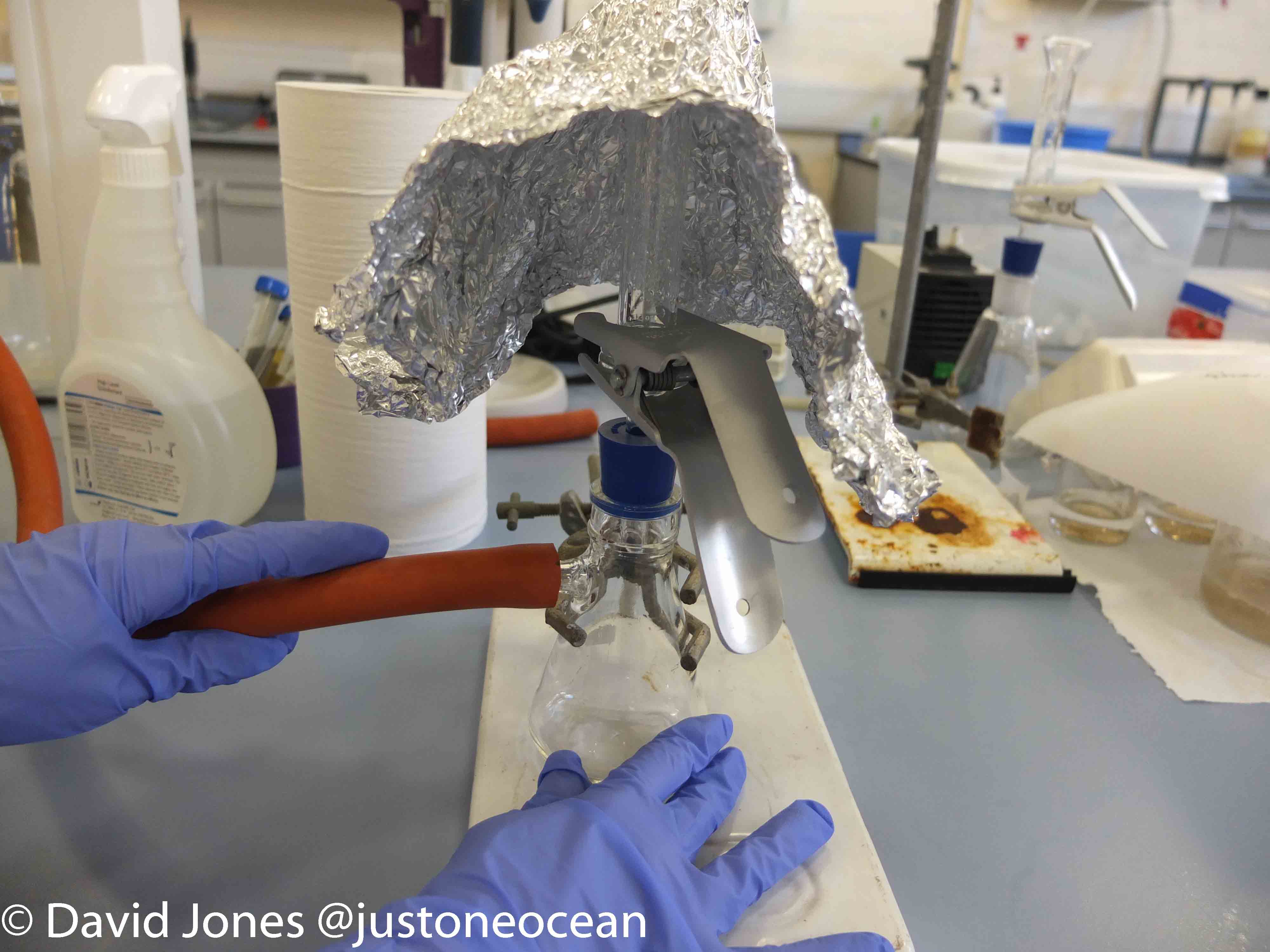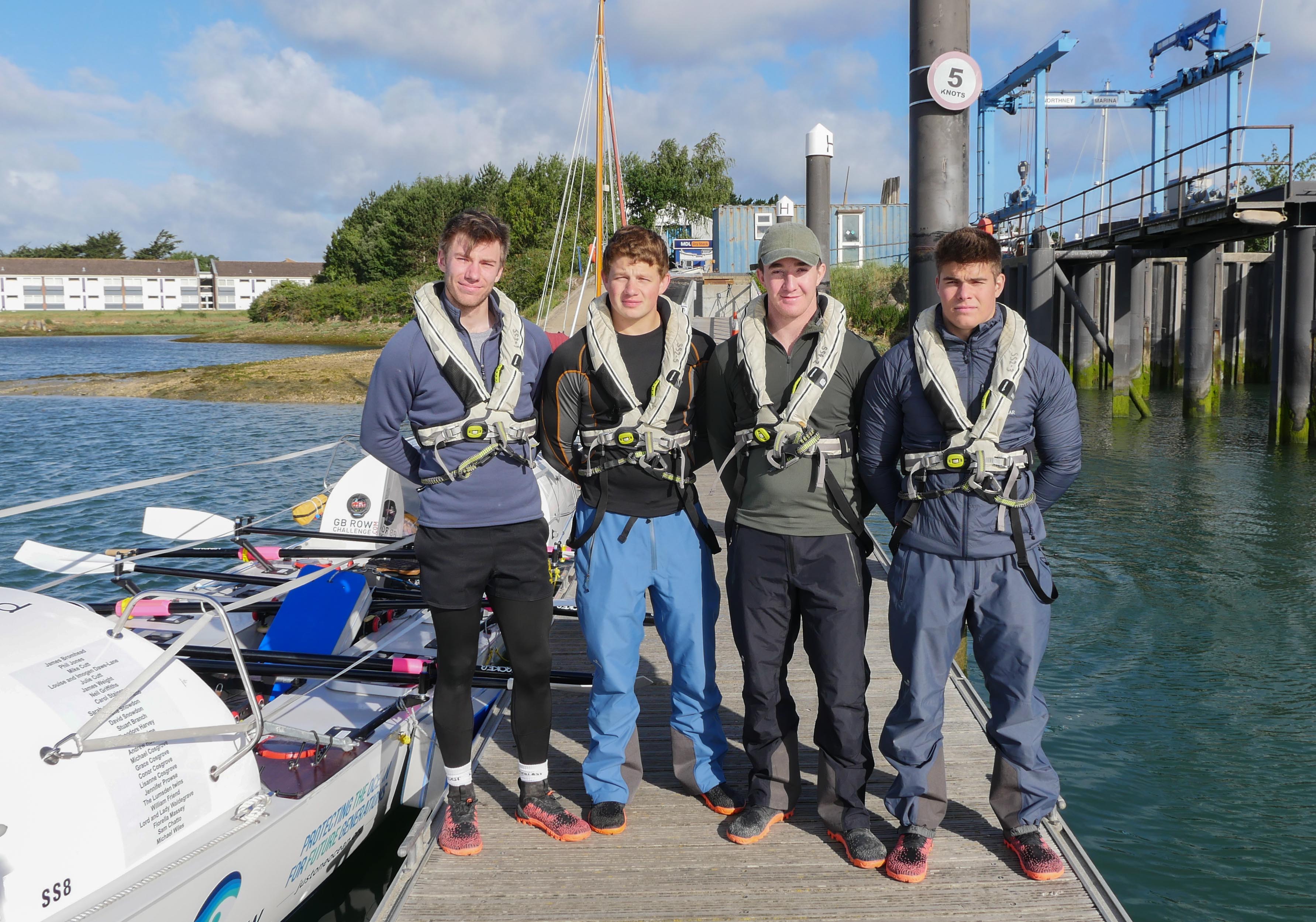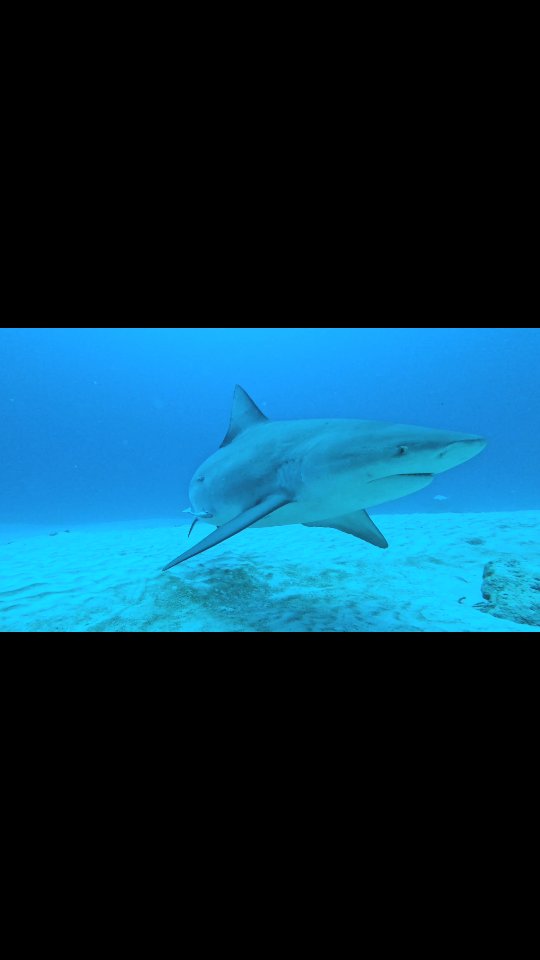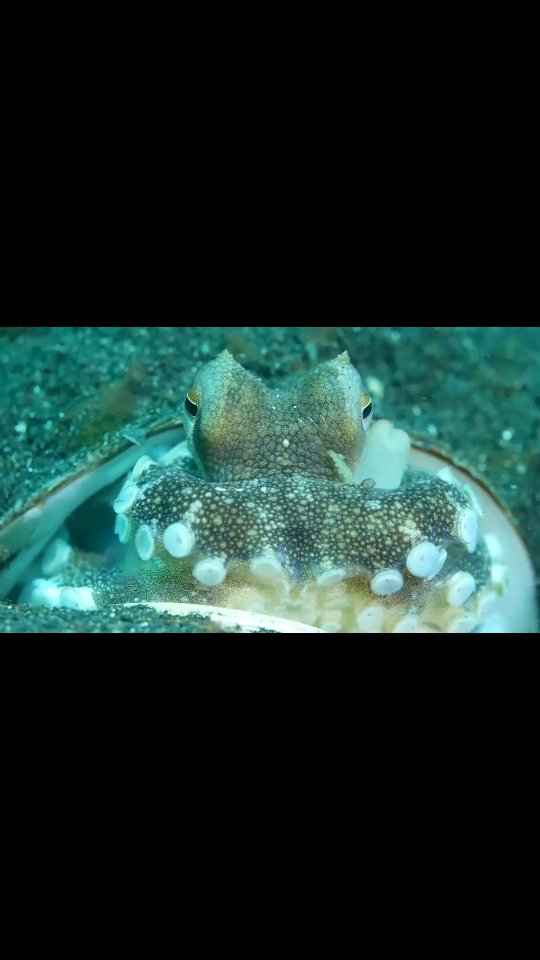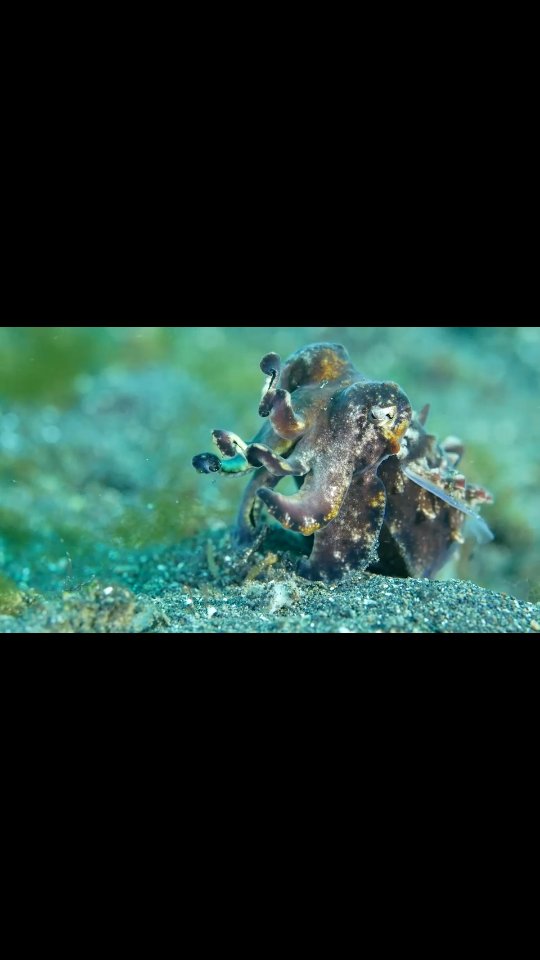The Toughest Challenge
It has been a pretty tough few months we have to be honest with lockdown and social distancing. But imagine what it has been like if you are trying to prepare for what has been called the toughest rowing race in the World? At the beginning of July a team of four young men in the Exe Endurow team will leave Tower Bridge in London to attempt to row around Great Britain unsupported. It is a race that will cover two thousand miles and could take them over 30 days to complete. Hazards along the way include, sleep deprivation, strong currents and tides, boat traffic and the unpredictable UK weather. If successful they will become the youngest team to complete this gruelling event, an event that has only ever been completed by four teams in the past. Incredibly, before they decided to take up this challenge some 12 months ago, none of the team had ever rowed before.
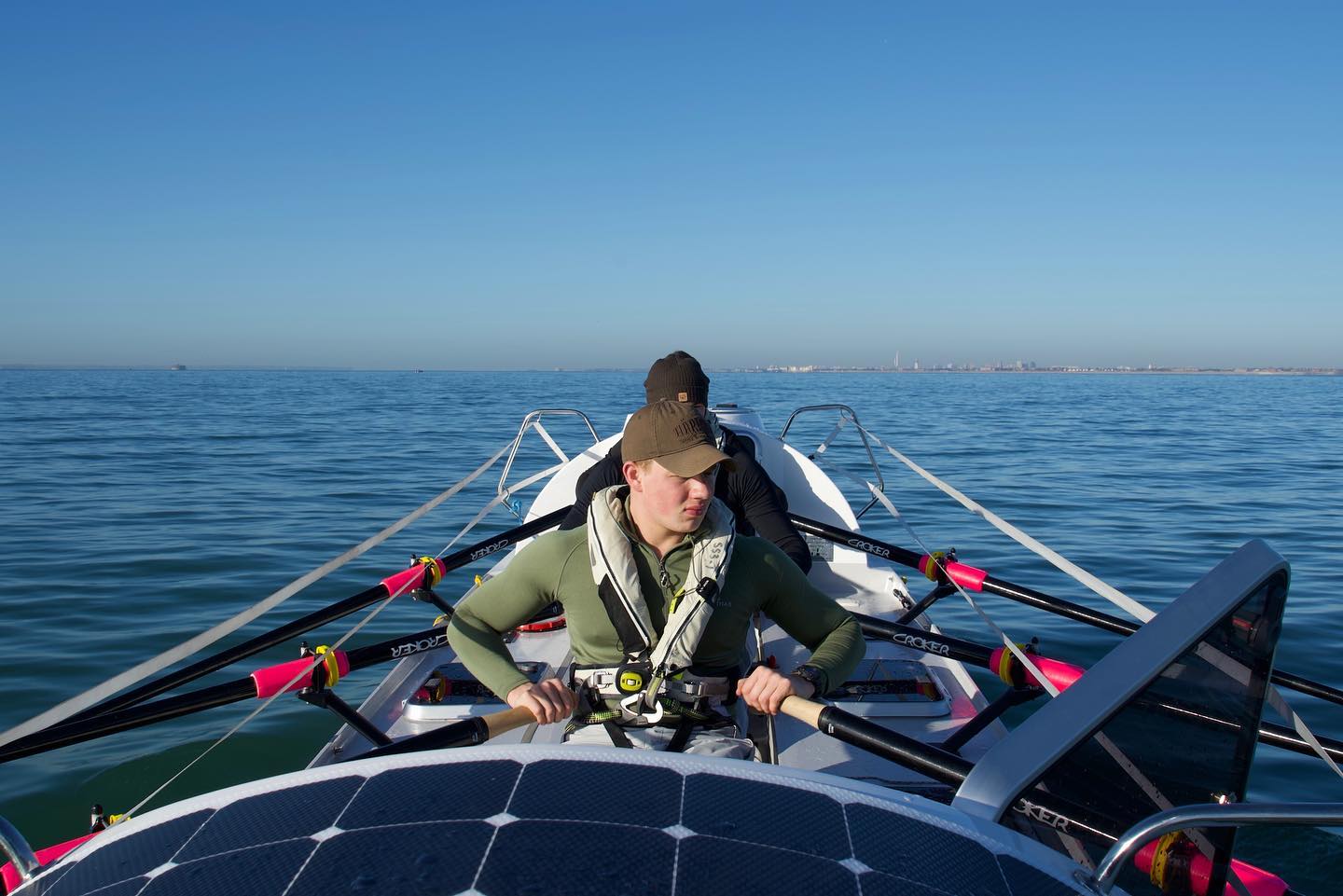
Covid-19
Undertaking such a massive challenge requires physical and mental toughness and training during the Covid-19 Pandemic has been difficult. The team have been self isolating together since the lockdown began in March. Oliver Dawe-Lane is the skipper of the boat and has the additional responsibility of navigating around the coast:
“As the skipper I’m responsible for the passage planning and the safety of the crew on board. My biggest challenge is going to be managing the physical and mental endurance aspects of the race while at the same time constantly doing the analysis of the route in order to make sure we take the safest and most efficient course.”
The record for completing the race is 26 days, however whilst the team would be delighted to break that record they are under no illusions as to how difficult that might be and have sufficient provision onboard for 40 days.
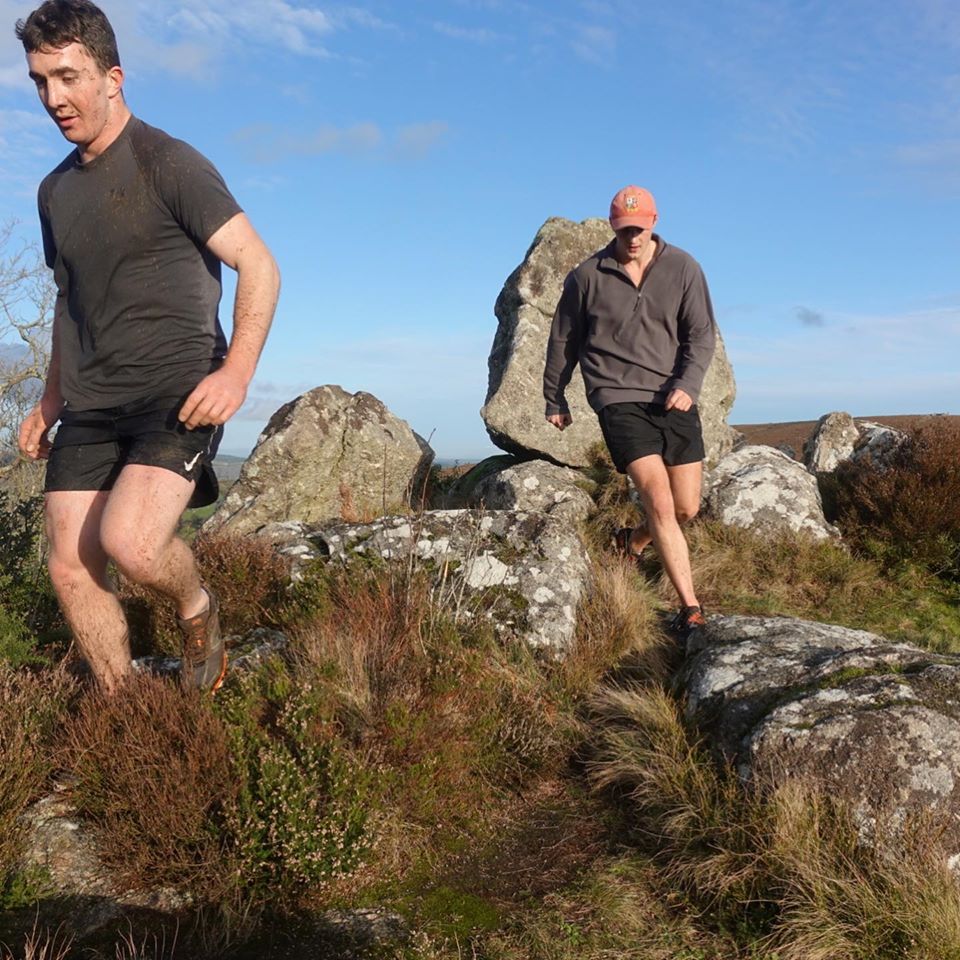
Race with a Purpose
Exe Endurow are the only team taking part in this years race and they will be raising money for two charities, Just One Ocean and British Red Cross. However, they will also be collecting scientific data over the course of the journey. Noise recording equipment has been fitted into the boat in order to provide data about noise levels underwater from around the coast. In addition, the drinking water that they produce from sea water will be intercepted by filters. These will be analysed for microplastics and other contaminants, something that Just One Ocean will be undertaking in conjunction with the University of Portsmouth. In future years this data will provide a useful database for further research and analysis.
